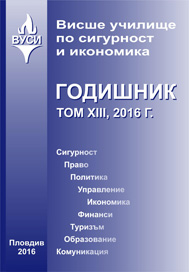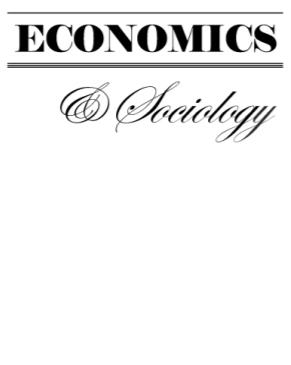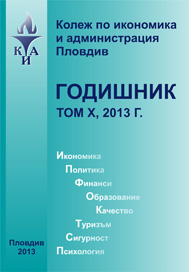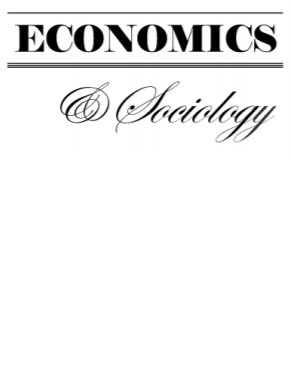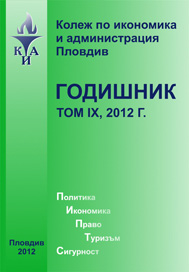Author(s): Jozef Habánik,Adriana Grenčíková,Matej Húževka,Martin Šrámka / Language(s): English
Issue: 4/2021
The COVID-19 pandemic deeply affects allspheres of public life across countries and regions not onlyin social, ethical, political and psychological context, butalso in economy. The unprecedented circumstances havedisturbed the existing processes and activities in the wholesociety and markedly altered the functioning of the labourmarket and the behaviour of its actors. Significantgovernment interventions in the labour market have beenjustified by the introduction of restrictive quarantinemeasures, which affect the usual procedures. Employers aswell as employees have therefore been forced to face newchallenges, to which they must adapt flexibly to survive inthe labour market. Professional training has also beenaffected as it has been carried out in virtual space foralmost a year. For the time being, we can only suppose theeffects on knowledge and skills of the future workforce. Inaddition to the negative effects, the pandemic has broughtopportunities, new challenges, and space for theoptimization of human resources which are becomingcritically important, especially in production organizations.The use of information and communication technologieshas broadened due to the introduction of the smartindustry concept, which has a direct impact on the labourmarket, in particular on changes in labour demand. Therequirements for the skills and knowledge of theworkforce are changing, as is the way the work isorganized. As part of two questionnaire surveys fourmonths apart, we analysed the impact of the introductionof a home office on labour productivity, employeesatisfaction as well as social isolation of individuals. Thesample size of the first pilot survey was 302 respondents,the second one - 284. We subsequently processed andevaluated the acquired data using a range of statisticalmethods, reporting only selected results of the surveys inthe present study.
More...
